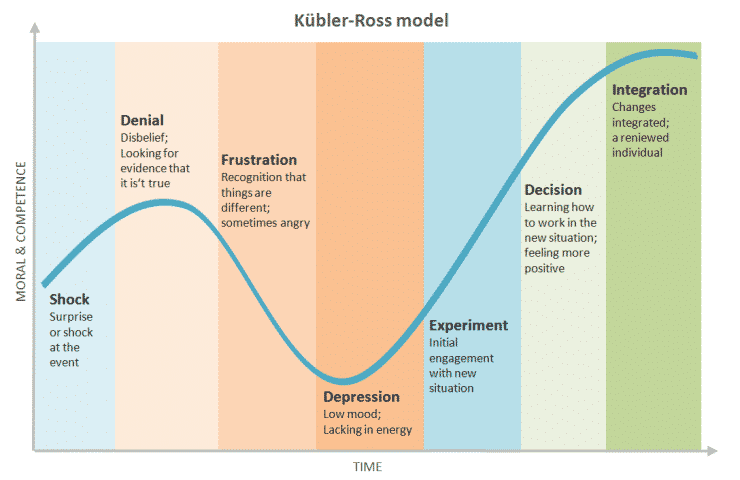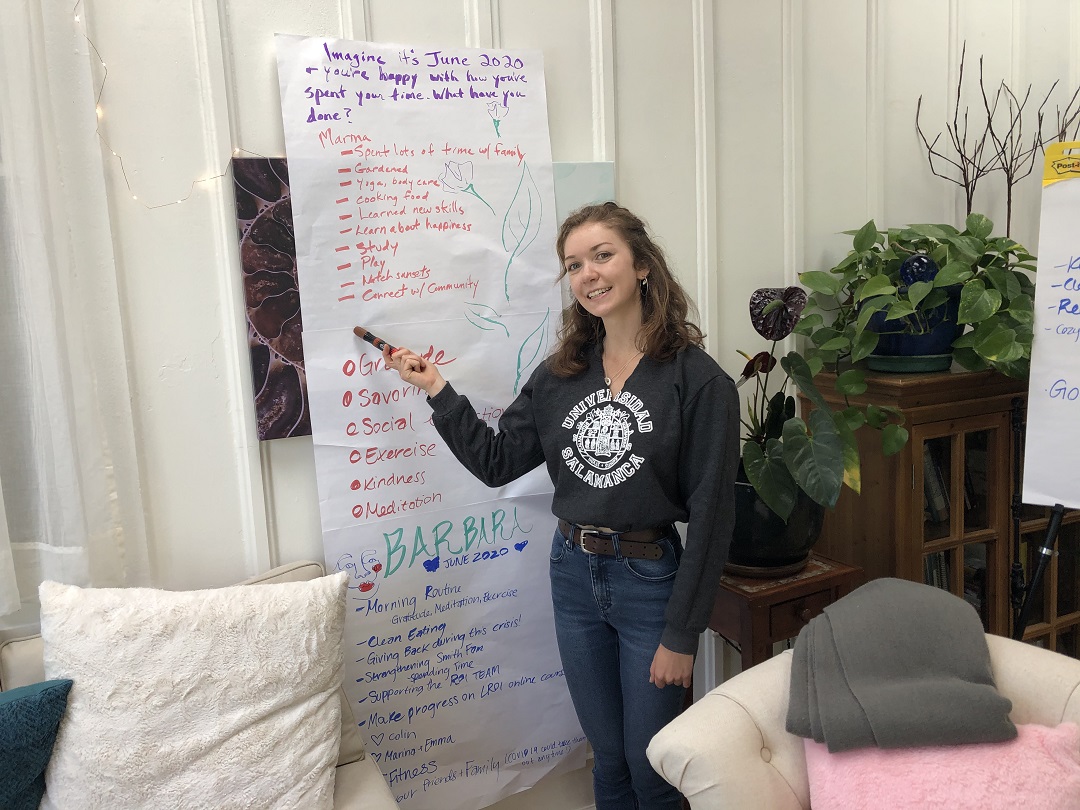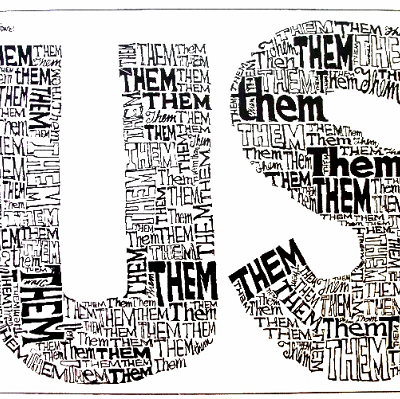I created Living ROI as a passion, to share my experiences and support others who want to live more authentic, joyful and fulfilling lives.
Dear Friends,
When I read the title of a recent Harvard Business Review article, “That Discomfort You’re Feeling Is Grief,” I thought, Bingo.
That heavy, dark feeling that has been weighing on me in waves makes sense in the context of grief. As the article says, “If we can name it, perhaps we can manage it.”
The Kubler-Ross Grief Model is helpful to identify some of the emotional experiences we’re having as our world turns upside down. This cycle is not linear, and it’s not unidirectional, but it provides a framework to understand the emotional elements of grief: Shock, Denial, Frustration, Depression, Experiment, Decision and Integration.
I am finally experiencing the Experiment stage with a goal of moving more to Decision this week. That doesn’t mean that I won’t continue to bounce back to Frustration and Depression at times.
We will be experiencing waves of grief and will likely go through the stages a few times over the coming weeks as the COVID-19 crisis continues to unfold.
What can we do to move to a more productive state sooner? First, we need to truly honor and experience the grief. We can’t bypass it. Spending time sitting quietly, meditating, journaling and talking with good friends and family is essential.
For me, the most important thing to remind myself regularly is that this is temporary. This situation will evolve, and life will get better. But this is not a sprint, it’s a marathon, so we must prepare ourselves for the long haul.
To do that, we can look to classic strategies for building our resilience during times of crisis. There are many strategies we know will be on the list: stay connected with people you love, ask for help, take care of yourself (eat, sleep, hydrate and exercise), meditate and stay positive.
Two other strategies I’d like to point out are: Identify Goals and Actively Problem Solve. These two strategies can help you move up the change/grief curve and get into Experiment and Decision.
To do them, get together with family members, friends and/or work colleagues (or you can do them alone) and ask yourselves: “Imagine it’s June 2020 and you’re happy with how you’ve spent your time over the past couple of months. What have you done?” Answering this question can help you focus in on what is most important.
Strategizing with Marina about how we want the next few months to go.
If there is a particular problem you are facing at home or at work, take the time to put the problem in question form and brainstorm potential solutions. When we take the time to think, discuss and write down options, it begins to shift the situation from problem to solution. Strategic planning and brainstorming are powerful, and not hard to do. It requires you to carve out the time, gather the team, and have the conversation. Marina, my daughter, is taking Yale’s most popular course, “The Science of Well Being,” online. It’s available to all for free. What she has learned is that there are six things that really make us happy, and they are not about getting things done or acquiring stuff. They are about our attitude and daily habits. They include:- Gratitude
- Savoring the moment
- Social connection
- Exercise
- Kindness
- Meditation
Wishing you peace and strength during this time,
Barbara Fagan-Smith
CEO, ROI Communication
Chief Catalyst, Living ROI
P.S. If you haven’t seen Maria Shriver’s Sunday Paper blog, I highly recommend it. This week’s topic is “I Need You and You Need Me.”








